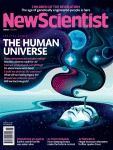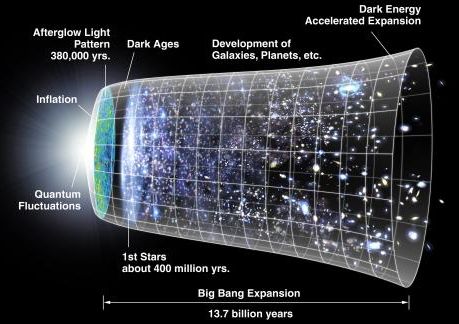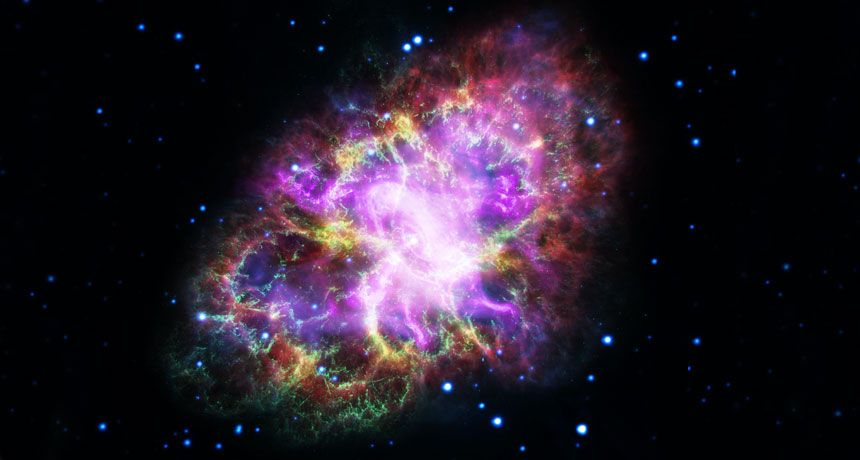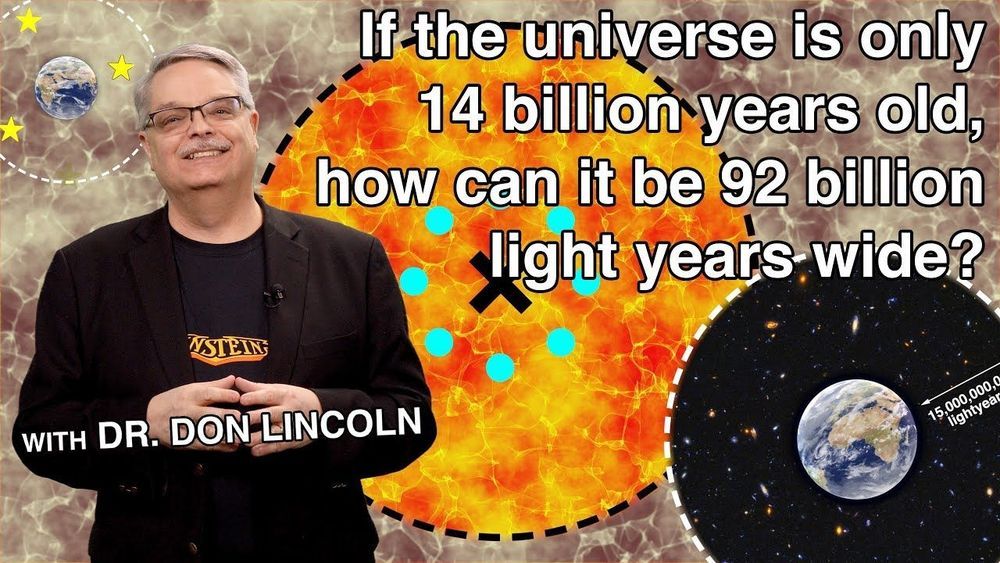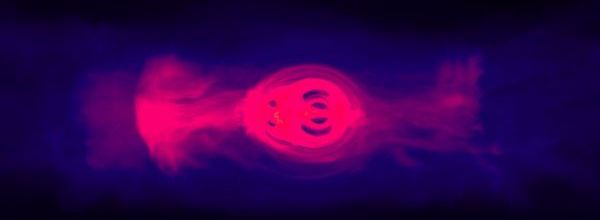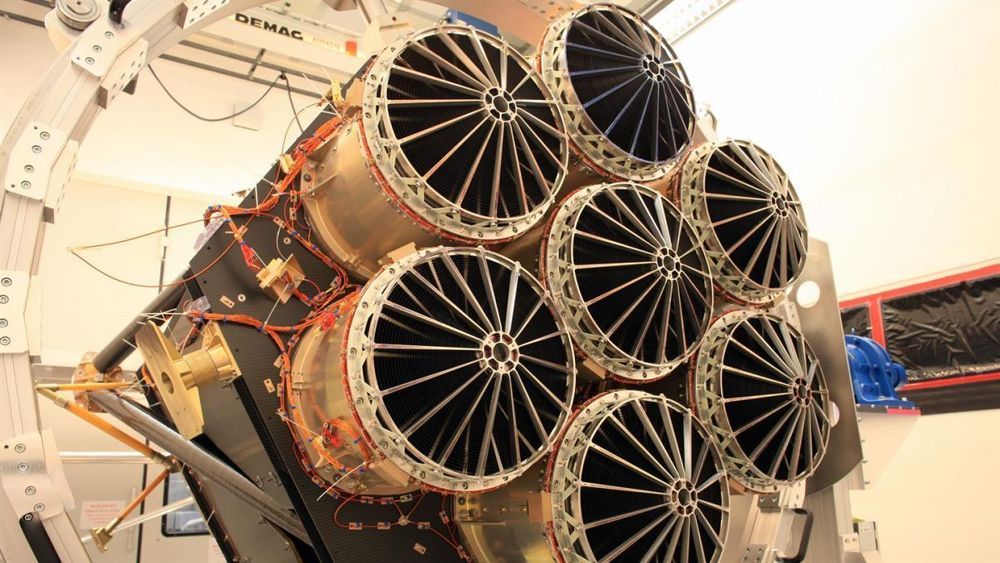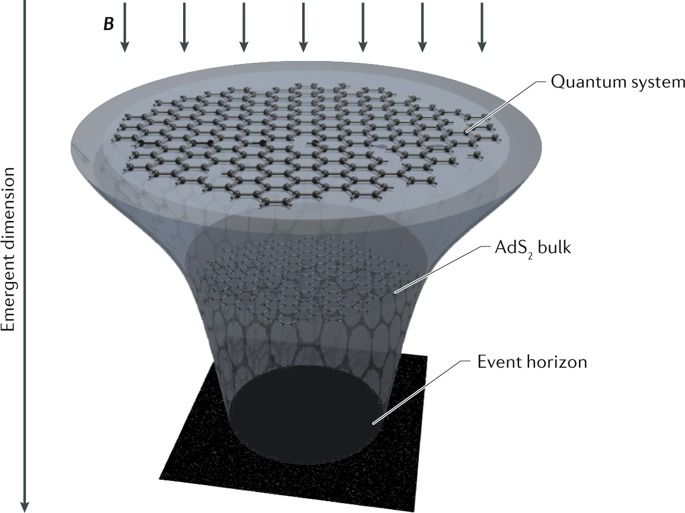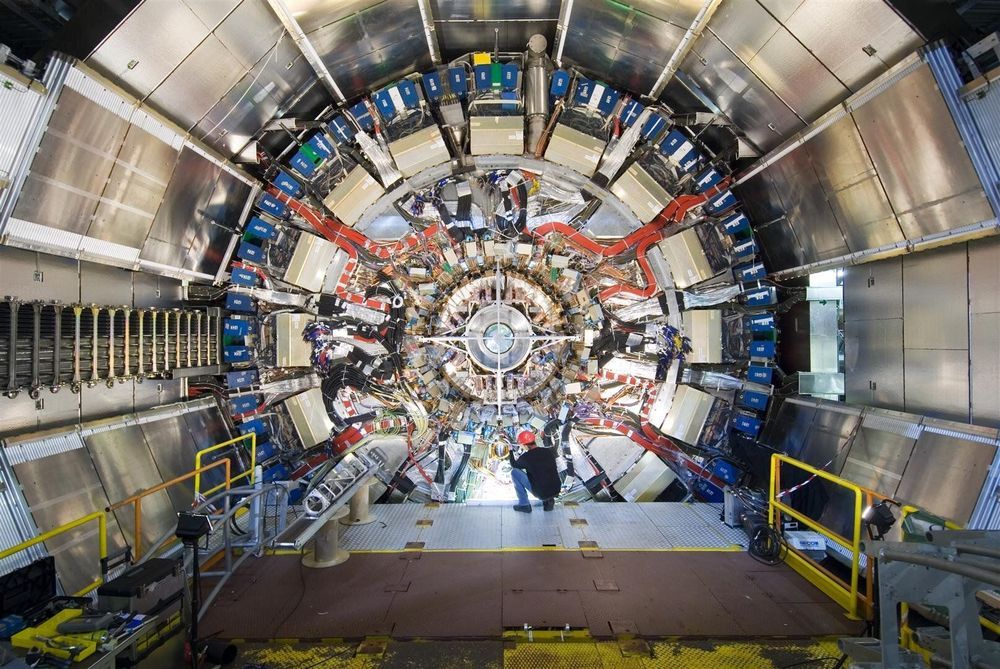
The Standard Model is a remarkably successful but incomplete theory. Supersymmetry (SUSY) offers an elegant solution to the Standard Model’s limitations, extending it to give each particle a heavy “superpartner” with different spin properties (an important quantum number distinguishing matter particles from force particles and the Higgs boson). For example, sleptons are the spin 0 superpartners of spin 1/2 electrons, muons and tau leptons, while charginos and neutralinos are the spin 1/2 counterparts of the spin 0 Higgs bosons (SUSY postulates a total of five Higgs bosons) and spin 1 gauge bosons.
If these superpartners exist and are not too massive, they will be produced at CERN’s Large Hadron Collider (LHC) and could be hiding in data collected by the ATLAS detector. However, unlike most processes at the LHC, which are governed by strong force interactions, these superpartners would be created through the much weaker electroweak interaction, thus lowering their production rates. Further, most of these new SUSY particles are expected to be unstable. Physicists can only search for them by tracing their decay products—typically into a known Standard Model particle and the lightest supersymmetric particle (LSP), which could be stable and non-interacting, thus forming a natural dark matter candidate.
On 20 May, 2019, at the Large Hadron Collider Physics (LHCP) conference in Puebla, Mexico, and at the SUSY2019 conference in Corpus Christi, U.S., the ATLAS Collaboration presented numerous new searches for SUSY based on the full LHC Run 2 dataset (taken between 2015 and 2018), including two particularly challenging searches for electroweak SUSY. Both searches target particles that are produced at extremely low rates at the LHC, and decay into Standard Model particles that are themselves difficult to reconstruct. The large amount of data successfully collected by ATLAS in Run 2 provides a unique opportunity to explore these scenarios with new analysis techniques.
